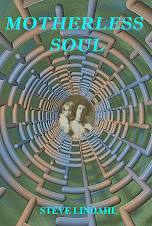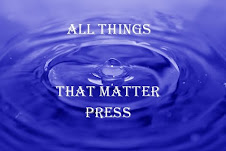 Unfinished Desires: A Novel by Gail Godwin
Unfinished Desires: A Novel by Gail GodwinMy rating: 5 of 5 stars
Unfinished Desires is an excellent read by Gail Godwin, one of my favorite authors. The characters are wonderfully complex. The story takes place in Mount St. Gabriel's, a Catholic school for girls in western North Carolina. The setting is perfect for raising relationship issues to the forefront and for presenting interesting perspectives on faith.
Mother Suzanne Ravenel is the headmistress of the school. She is a strong leader who has provided her girls with a rich environment that is secure and also stimulating enough to offer a good education. But she is overbearing and suffers from the most common flaw in supervisors from all walks of life, she confuses loyalty to the headmistress with loyalty to the school. For example, Madeline Stratton, one of the most selfless and intelligent characters in the book, was not asked back to the school after something she said insulted Mother Ravenel. There are other, more important examples of this flaw of Ravenel's, but I don't want to put a spoiler in this review so I'll skip them.
I love the way Godwin handles faith in her writing. (Father Melancholy's Daughter and Evensong are great examples of this.) In Unfinished Desires she is covering the Catholic faith rather than the Anglican, but she does so with as much honesty and respect. I found the character of Chloe to be the most interesting in this area because her faith manifests itself in a manner that verges on insane. But at the same time it makes sense in the context of the beliefs of this group of people. Many of the nuns talk to God and God answers.
The other aspect of this book that I love is the way Godwin has centered her plot around small parts of school life that everyone can identify with. She's taken things like book reports and school plays and raised their importance through the points of view of the characters. She's also used those projects to cover issues such as learning disabilities in ways that add to the intensity of the book.
View all my reviews







